With the newly passed law, fertilizers are subject to value added tax (VAT) at a rate of 5%. This is one of the issues that still has different opinions during the discussion of the draft Law on Value Added Tax (amended) at this session.
On the same morning, the Secretary General of the National Assembly sent a ballot asking for opinions from National Assembly deputies on a number of contents related to the draft law, including including fertilizers subject to VAT.
The results of the vote showed that 234 National Assembly deputies (accounting for 72.67% of the total number of deputies giving opinions) agreed with the regulation to put fertilizers, machinery, specialized equipment for agricultural production, and fishing vessels back into the 5% VAT tax bracket.
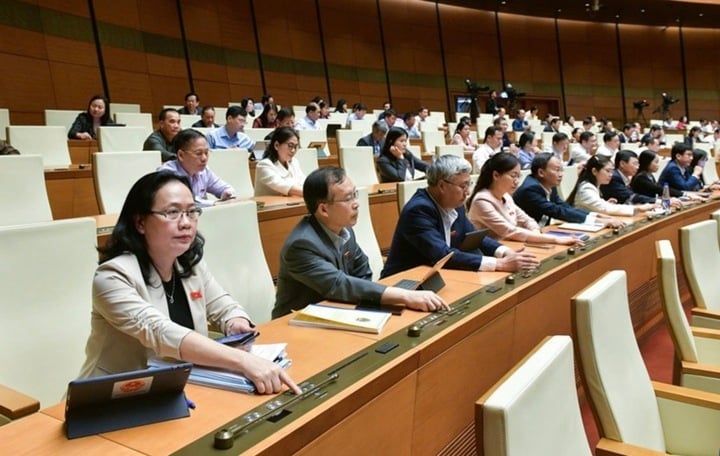
National Assembly deputies vote to pass the amended Law on Value Added Tax. (Photo: Ho Long)
The report on explanation, acceptance, revision and completion of the draft law presented by Mr. Le Quang Manh, Chairman of the National Assembly's Finance and Budget Committee, clearly stated that the proposal to put fertilizers under the VAT rate of 0% (or 1%, 2%) will ensure benefits for both domestic fertilizer production enterprises and importing enterprises because imported fertilizers and domestically produced fertilizers will both be refunded the input VAT paid and will not have to pay VAT on fertilizers when sold.
However, in this case, the State budget will have to spend thousands of billions of VND every year to refund input VAT to businesses. In addition to the disadvantage for the State budget, applying a 0% tax rate to fertilizers is contrary to the principles and practices of VAT, which is that a 0% tax rate only applies to exported goods and services, not to domestic consumption. Applying it in this direction will break the neutrality of tax policy, create a bad precedent and be unfair to other manufacturing industries.
Regarding the opinion that "applying a 5% VAT will increase fertilizer prices", the National Assembly Standing Committee (NASC) said that experts have calculated that if fertilizers are subject to a 5% tax rate, the prices of domestically produced Urea, DAP and phosphate fertilizers will have room to decrease.
According to the current fertilizer market structure (domestic fertilizer consumption accounts for over 70%, imported fertilizer consumption accounts for less than 30%), it will allow domestic fertilizer production enterprises to lead the adjustment of fertilizer market prices.
With the policy of applying a 5% VAT rate on fertilizers, the cost of domestically produced fertilizers will decrease, the selling price of domestically produced fertilizers will have room to decrease, which will create an impact leading to fertilizer importers also having to reduce the selling price of imported fertilizers according to the market price level, bringing great benefits to farmers.
Regarding the possibility of businesses taking advantage of policies to affect the fertilizer price level in the market, as some National Assembly deputies worry, the Standing Committee of the National Assembly believes that it is completely reasonable. However, currently, fertilizer is a commodity subject to State price stabilization. Therefore, if the market shows signs of instability, state management agencies can implement price stabilization measures according to the provisions of the Law on Price Management, such as inspecting and requiring businesses to report on price formation factors, controlling inventories, assessing supply and demand, etc. to determine the cause, whether there are profiteering factors or not, in order to apply appropriate handling measures.
Regarding the opinion that applying a 5% VAT on fertilizers would increase the state budget by 1,500 billion VND and farmers would have to bear the burden, the Standing Committee of the National Assembly emphasized that if a 5% tax rate is applied, fertilizer importers would have to pay 1,500 billion VND in VAT to the state budget from the import stage.
However, the import turnover of fertilizers will tend to decrease due to the application of 5% VAT, leading to the actual revenue to the State budget (if any) being lower than VND 1,500 billion. In addition, the VAT collected from imported fertilizers will have to be offset against the VAT that will have to be refunded to domestic enterprises, so the impact of increasing State budget revenue due to the application of 5% VAT is insignificant and, if any, will be much lower than VND 1,500 billion.
Regarding the practical impact on farmers, the Standing Committee of the National Assembly said that farmers can choose to buy domestically produced fertilizers at cheaper prices instead of buying imported fertilizers. In addition, importers will have to balance their selling prices in harmony with the general level of the domestic market to ensure consumption capacity.
This law will come into effect from July 1, 2025.
Source: https://vtcnews.vn/quoc-hoi-chot-ap-thue-vat-5-doi-voi-phan-bon-ar909793.html


![[Photo] "Beauties" participate in the parade rehearsal at Bien Hoa airport](https://vstatic.vietnam.vn/vietnam/resource/IMAGE/2025/4/11/155502af3384431e918de0e2e585d13a)
![[Photo] Looking back at the impressive moments of the Vietnamese rescue team in Myanmar](https://vstatic.vietnam.vn/vietnam/resource/IMAGE/2025/4/11/5623ca902a934e19b604c718265249d0)








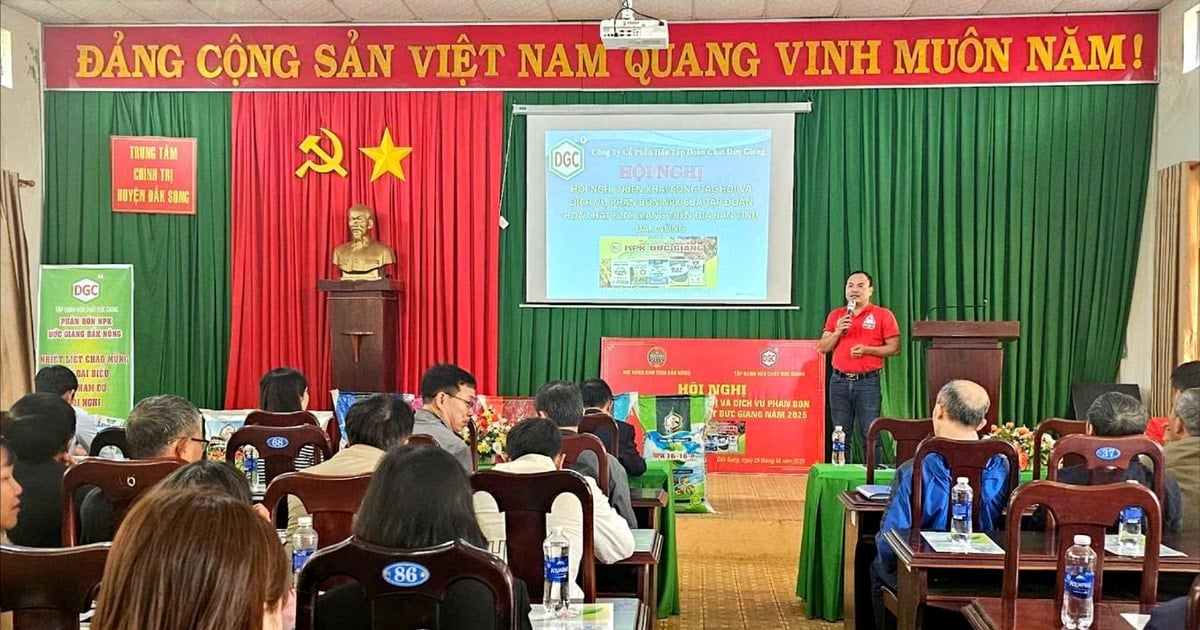
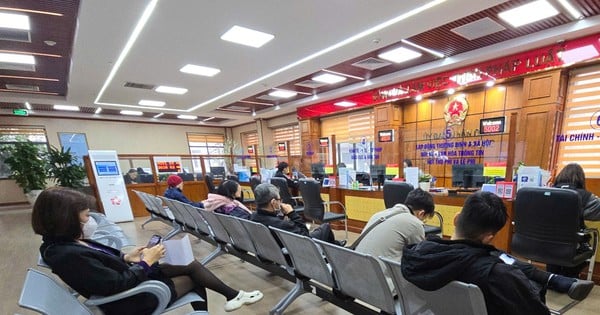

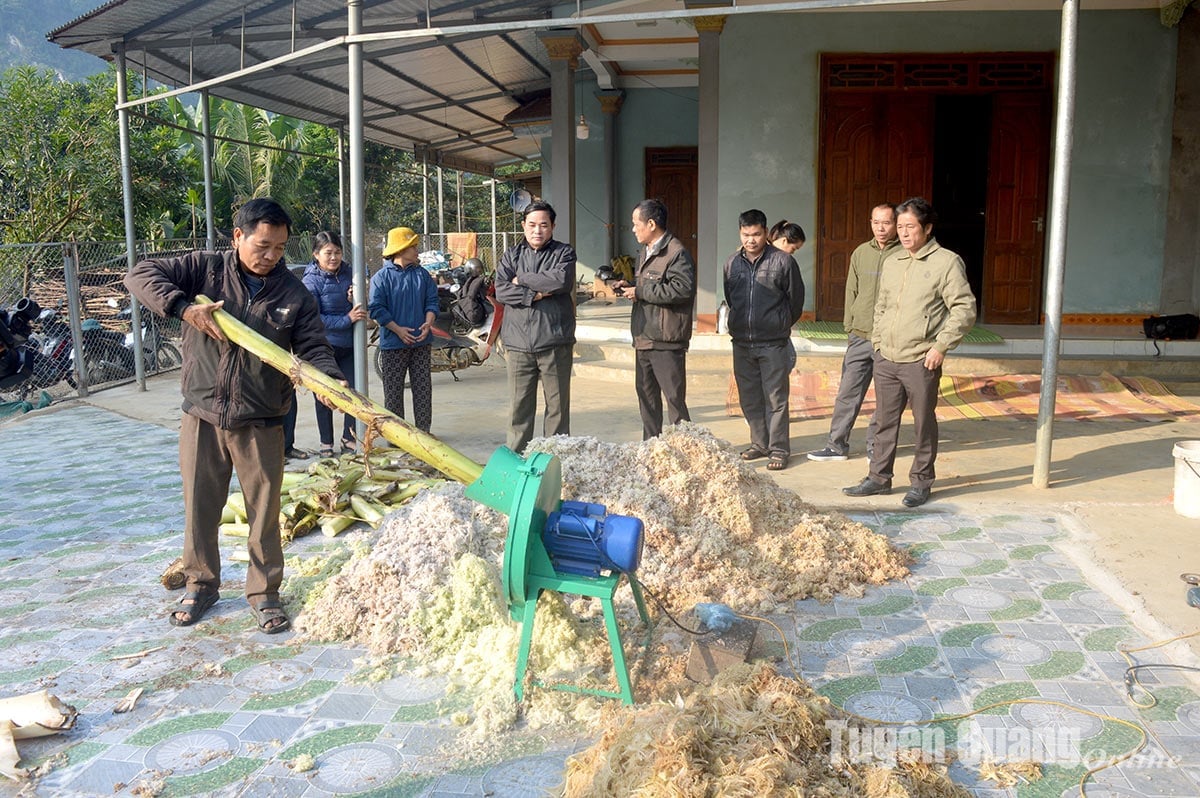
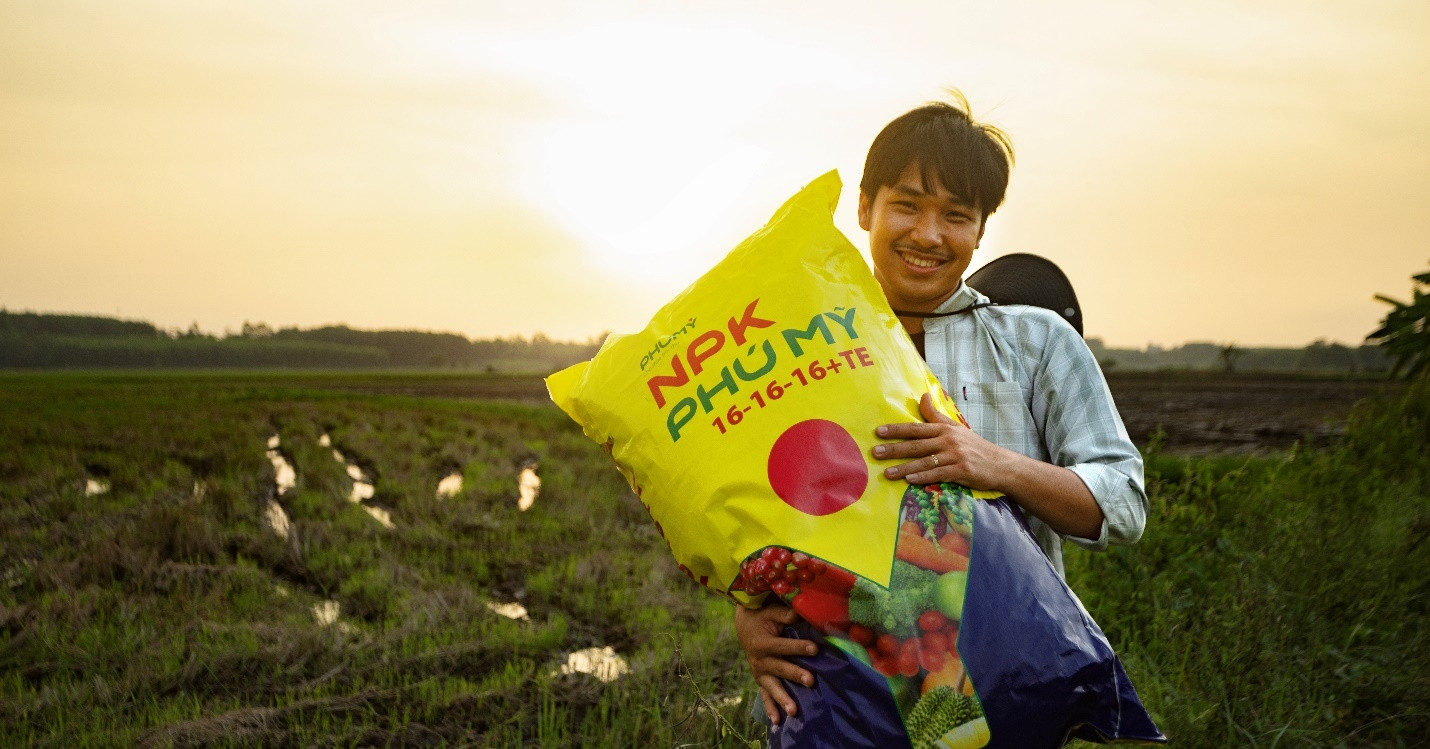


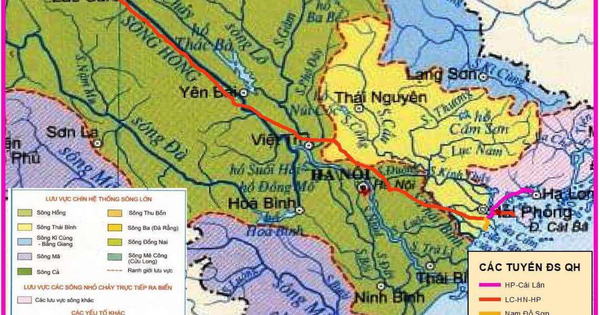
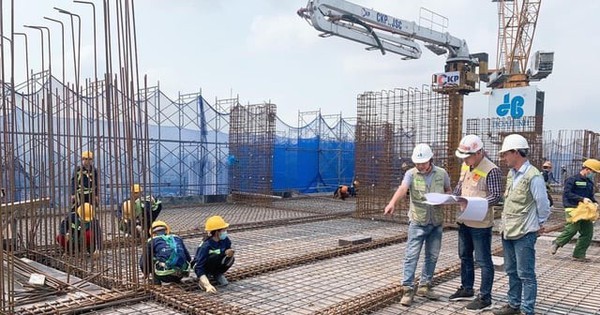
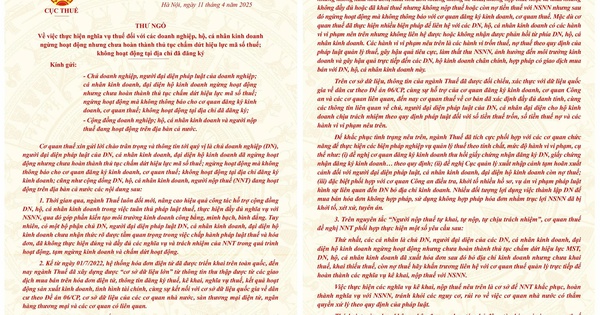





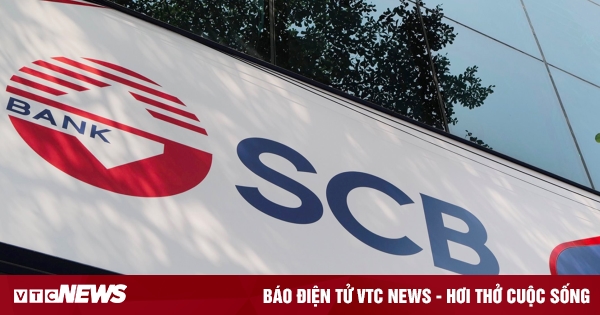
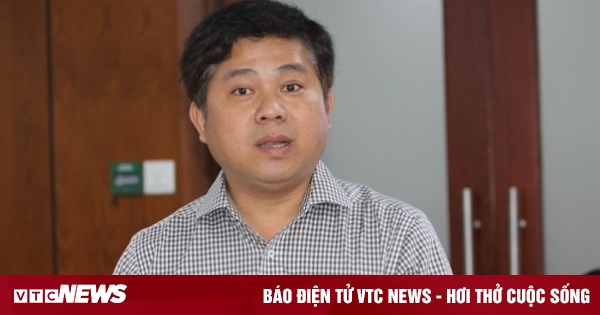




![[Photo] Summary of parade practice in preparation for the April 30th celebration](https://vstatic.vietnam.vn/vietnam/resource/IMAGE/2025/4/11/78cfee0f2cc045b387ff1a4362b5950f)












































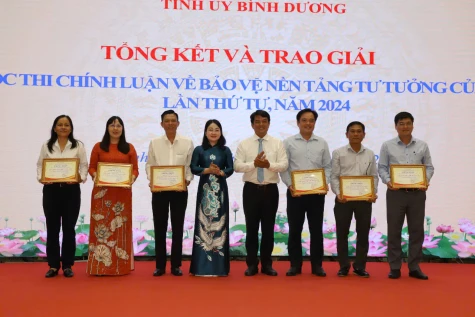


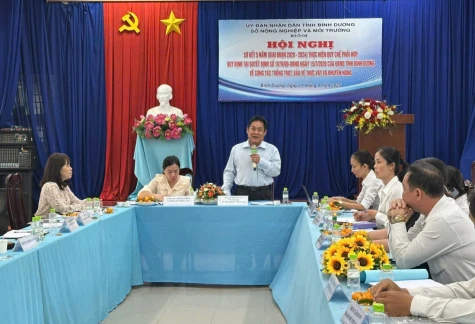










Comment (0)